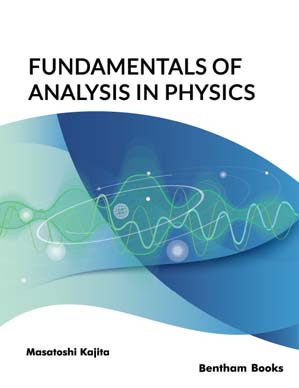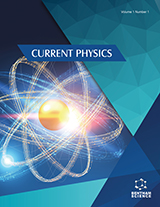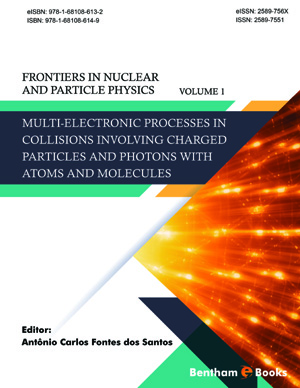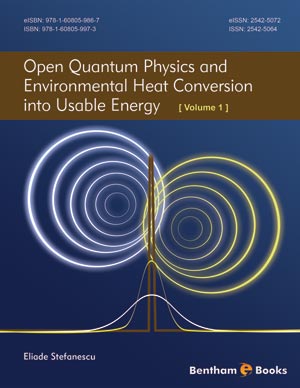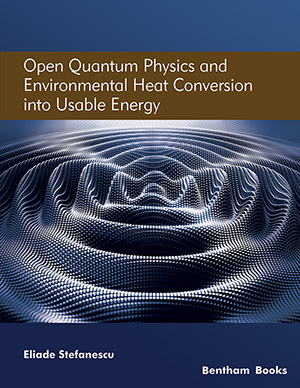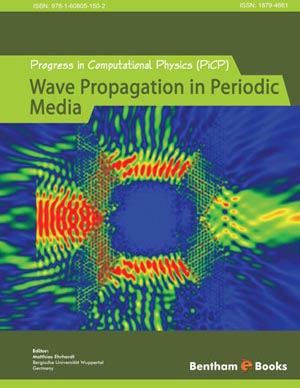Abstract
Physical laws, which have finite uncertainties, are established to facilitate measurements. New physical phenomena have been discovered when the measurement uncertainties were reduced. The object of this chapter is to review the estimation of the measurement uncertainties. This parameter consists of statistical uncertainty and systematic uncertainty. Statistical uncertainty is given by the random distribution of measurement results in a region with a broadening of 𝜎 in the vicinity of a real value. The statistical uncertainty of the average of the measurement results is expected to be 𝜎√𝑁, where N is the number of measurement samples. Systematic uncertainty exists because measurements are influenced by the conditions under which they are obtained. The real value is defined for a certain circumstance, and the measurements obtained under different circumstances are shifted from this value. The real value is obtained by correcting the shift, which is estimated according to the measurement circumstances. Statistical uncertainty is obtained from the uncertainty in the estimation of the shifts.
Keywords: Atomic clock, Central limit theorem, CPT-symmetry, Gravitational potential in the micro-scale, Measurement uncertainty, Ptolemaic and Copernican systems, Spectrum broadening, Stark shift, Statistic uncertainty, Systematic uncertainty, Zeeman shift.


